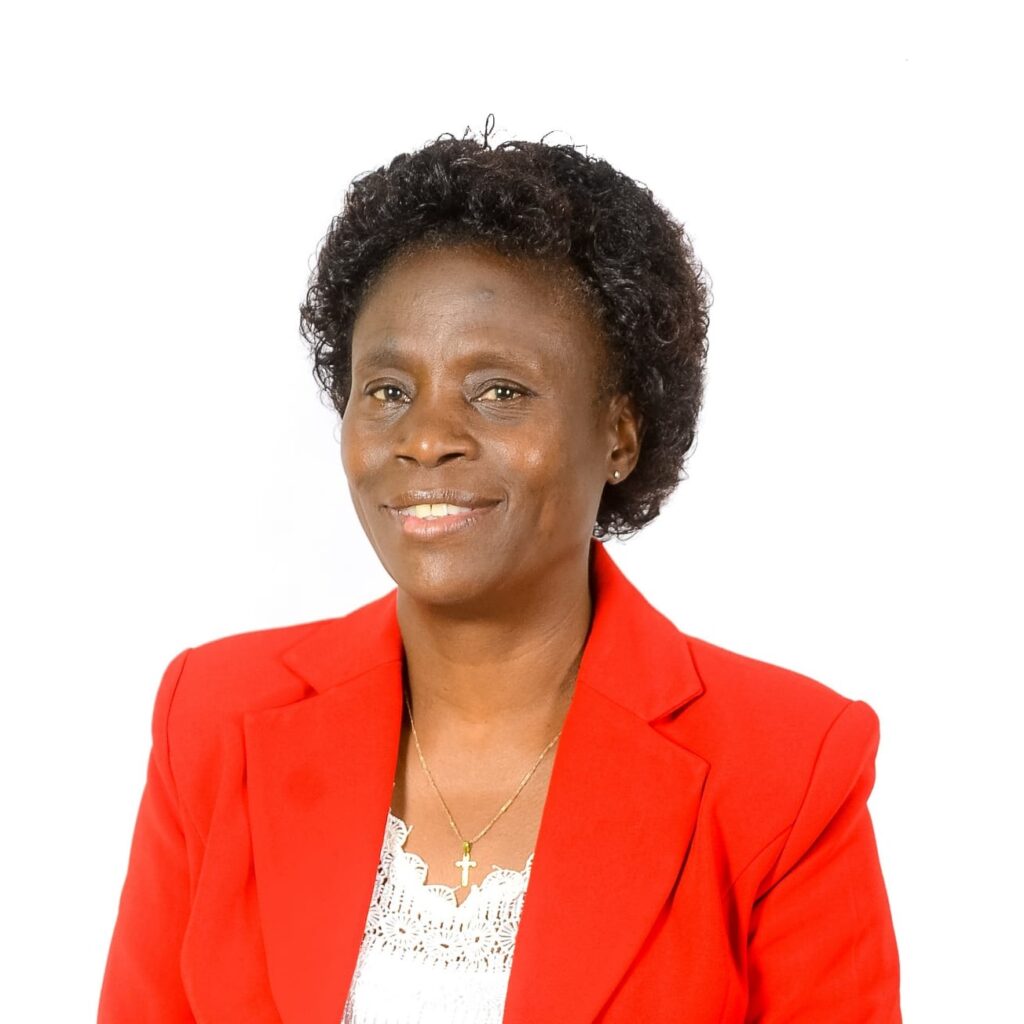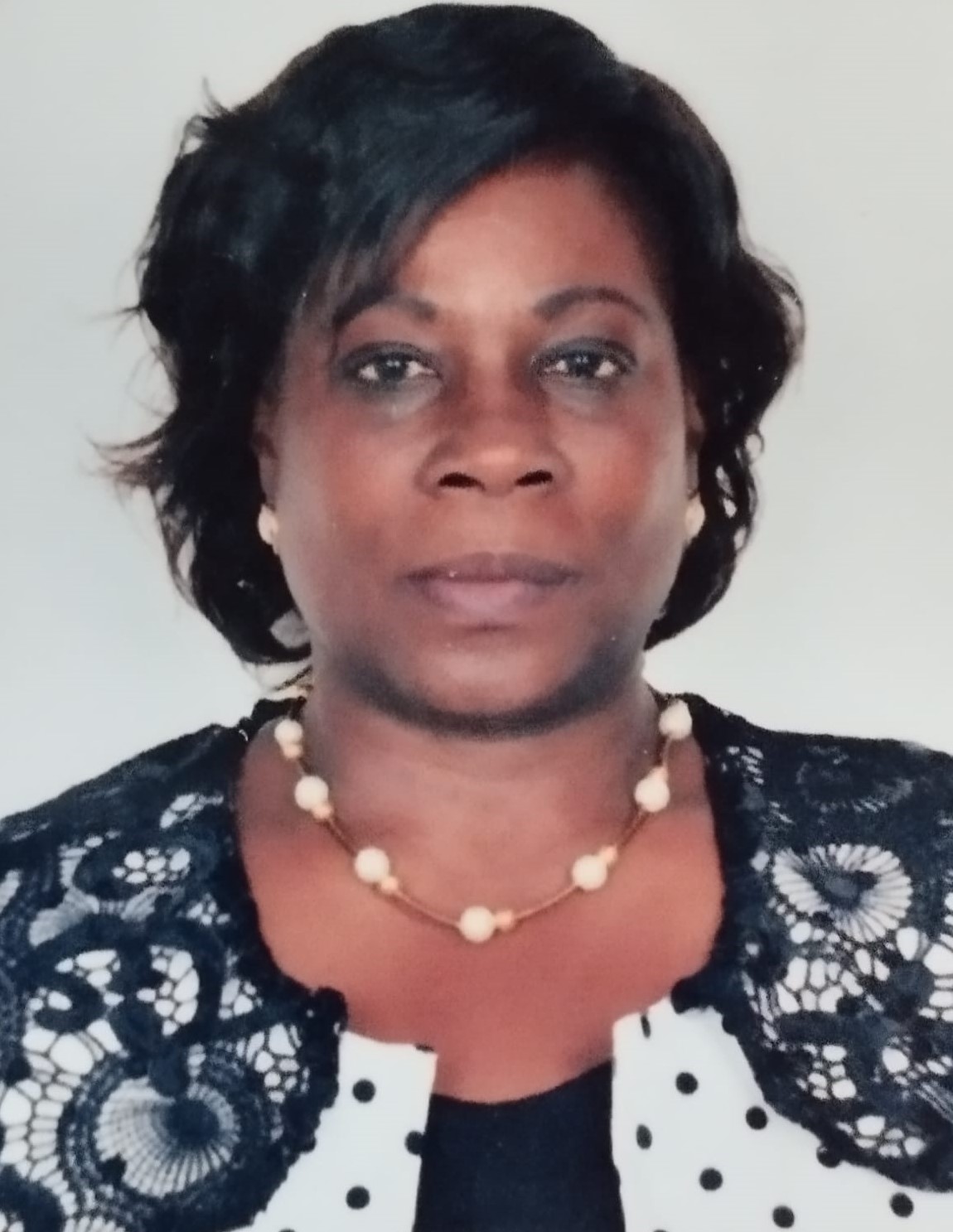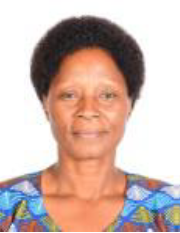Fostering communities and knowledge access at Moi University
Moi University College of Health Sciences (Moi University CHS) is a leading institution in Kenya for training health care professionals. The College is also a Research4Life Country Connector host, dedicated to enhancing capacity of information use, building communities of evidence users and establishing local networks and partnerships.
Moi University’s CHS joined the R4L program supporting the Research4Life 2030 strategic plan. This plan recommended a worldwide network of Country Connectors, fostering tailored and localized strategies to promote awareness and utilization of Research4Life.

A hub for research excellence
Professor Joice Baliddawa, from the department of Mental Health and Behavioral Sciences at Moi University recalls, ‘It was a pleasant surprise for our institution to be identified as a hub for research. Through our dynamic program called Community Based Education and Services (COBES), the College has been instrumental in producing the country’s most promising researchers.’
Being recognized as a hub for research, the College was selected as a potential Country Connector site. The journey began when the college was approached by the Vice Chancellor’s office to take on this vital task. Subsequently Professor Baliddawa, Professor Nangami, and Isabella Edebe, the College Librarian, were appointed as the Research4Life Country Connectors for Kenya.
Training graduates sensitive to community needs

Moi University CHS commitment to community-based education can be traced back to its founding in 1984. ‘Setting up a community- oriented academic institution was essential to train/produce graduates who were sensitive to and familiar with the pertinent needs of the communities they would be serving upon graduation’, says Isabella Edebe.
This commitment is present across the institution’s four schools: Dentistry, Medicine, Nursing, and Public Health, offering a total of eight academic professional programs. The guiding principle across these four schools is inter-professional education emphasising interdisciplinary, integrated, intersectoral, collaborative and multidisciplinary approaches.
Community Based Education and Services (COBES)

Two primary strategies, COBES (Community Based Education and Services) and SPICES (Student-centered, Problem-based Learning Integrated Community Based, Electives, and Systematic approaches), are instrumental in training healthcare professionals effectively to work with communities. COBES is a college-wide program that addresses health promotion, disease prevention, curative care, rehabilitation, and intervention research. The program is guided by WHO’s Primary Health Care concepts and aligns with Kenya’s Vision 2030, Community Health Strategy, Universal Health Care, and the Big Four Agenda, spanning all five years of study and encompassing field activities.
‘The COBES program actively collaborates with public health professionals, healthcare providers, researchers, and community leaders,’ elaborates Professor Nangami. ‘It provides both the science-based foundation and practical guidance required for impactful community engagement, offering a platform for partnerships that drive training, research, services, outreach, extension, and engagement activities’.
Empowering students with connectivity
In Kenya, the challenge of limited internet connectivity, with a 42% penetration rate, affects both research and education. Despite these challenges, Moi University’s CHS has made significant progress in providing its students with access to the resources they need to succeed. Through external funding, and programs like AMPATH and Project ECHO, the College has been able to provide internet connectivity to its field sites, enabling students to participate in video conferencing and access online resources.
AMPATH, an NGO dedicated to healthcare in Kenya, plays a crucial role in this endeavor. By implementing high-speed networks and advanced technology solutions, AMPATH contributes to enhancing medical care and healthcare delivery within the country. Their efforts foster real-time collaboration among healthcare professionals, resulting in improved diagnosis and treatment processes.
Project ECHO uses Zoom to deliver healthcare education to remote healthcare workers. Experts at academic centers mentor healthcare professionals at remote locations on patient cases. This dynamic exchange of knowledge contributes to better healthcare outcomes and strengthens healthcare systems.
Adapting to changing funding landscape
Initially, the COBES program received subsidies from the government and support from international institutions. However, due to an evolving funding landscape, currently the program relies on fees paid by students to sustain its initiatives.
Moi University’s CHS is a shining example of how academic institutions can partner with communities to improve healthcare and access to knowledge exemplifies their dedication to fostering positive change in the Kenyan healthcare and research landscape.






